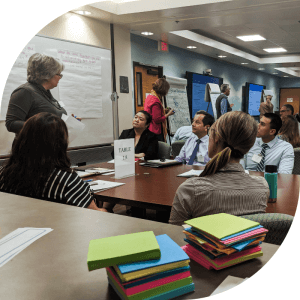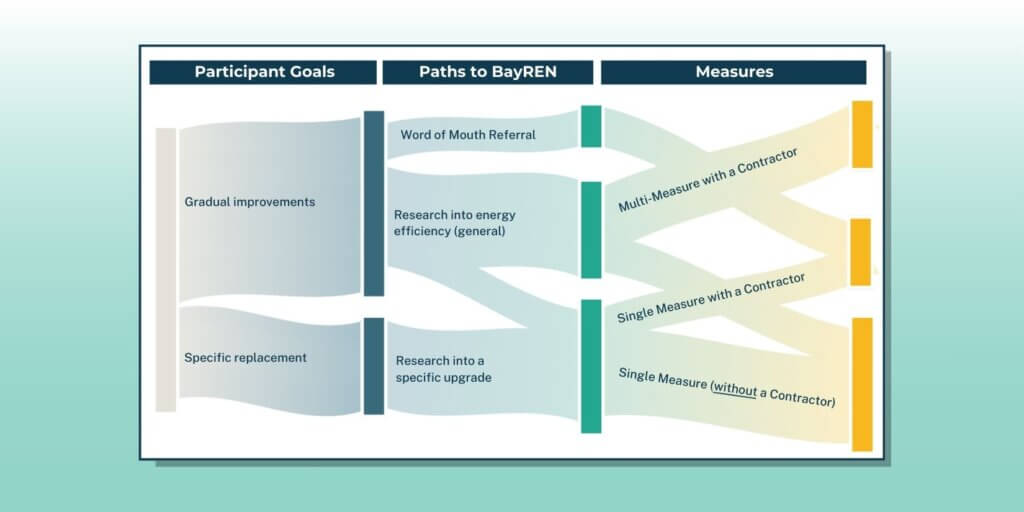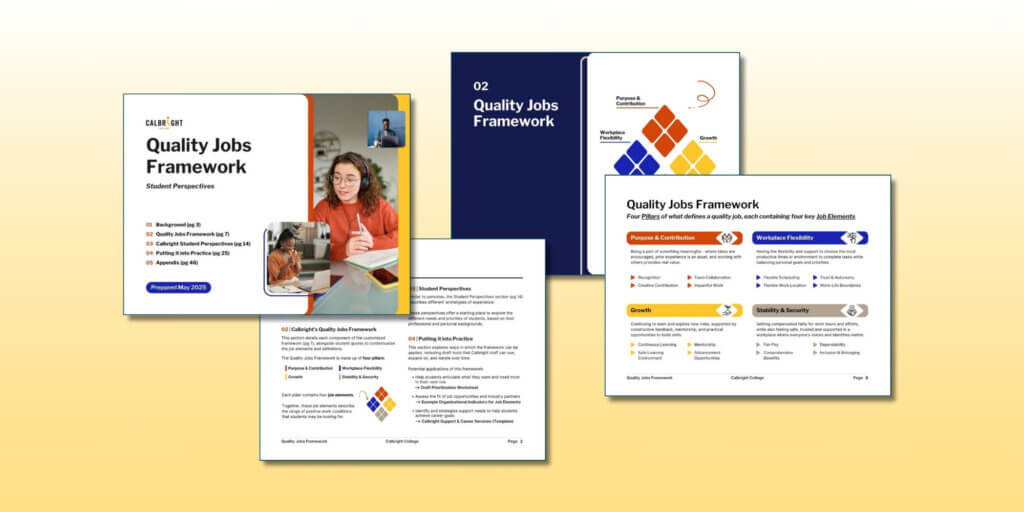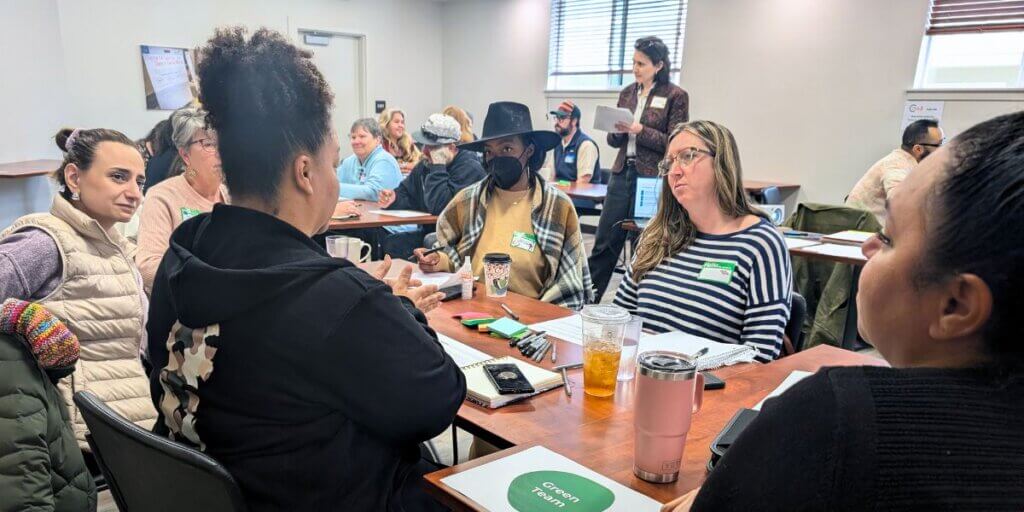Case Study
Amplifi – Disaster Navigator 2.0
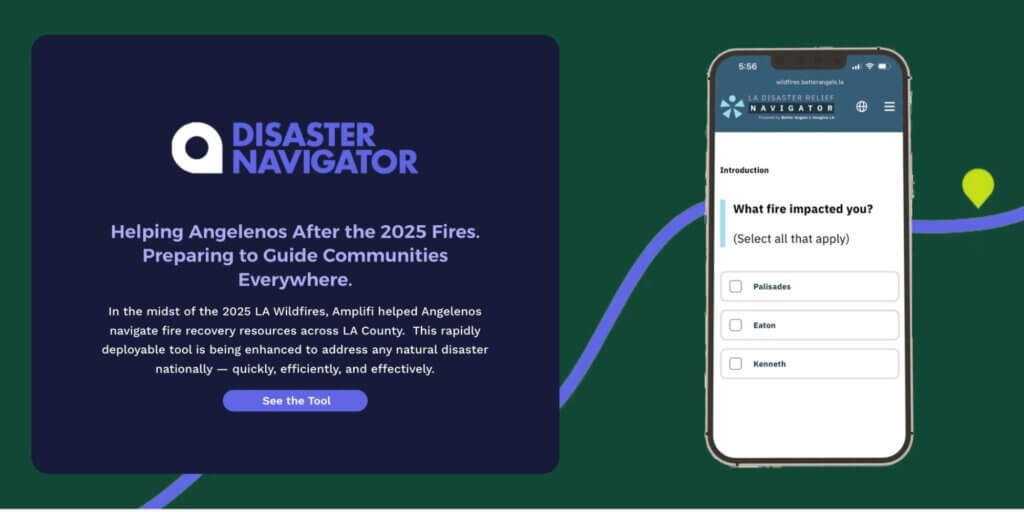
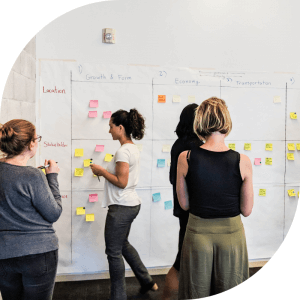 Design research is built into all of our work. This process helps us learn how specific systems and programs impact different stakeholders, and to translate those insights into concrete improvements.
Design research is built into all of our work. This process helps us learn how specific systems and programs impact different stakeholders, and to translate those insights into concrete improvements.
We also conduct full scale research and evaluation projects that focus on building an understanding of a service, program, or system based on human insights. By engaging internal staff and external “customers,” we hone in on key challenges, shared goals, and high impact opportunities.
To conduct meaningful, collaborative research, we draw from our best practices in community engagement to meet people where they are and create safe and accessible spaces for dialogue. Well-designed and inclusive engagements enable us to:
Our work in research and evaluation has spanned multiple scales from city to state, and from discovery research into implementation support. Such examples include:
